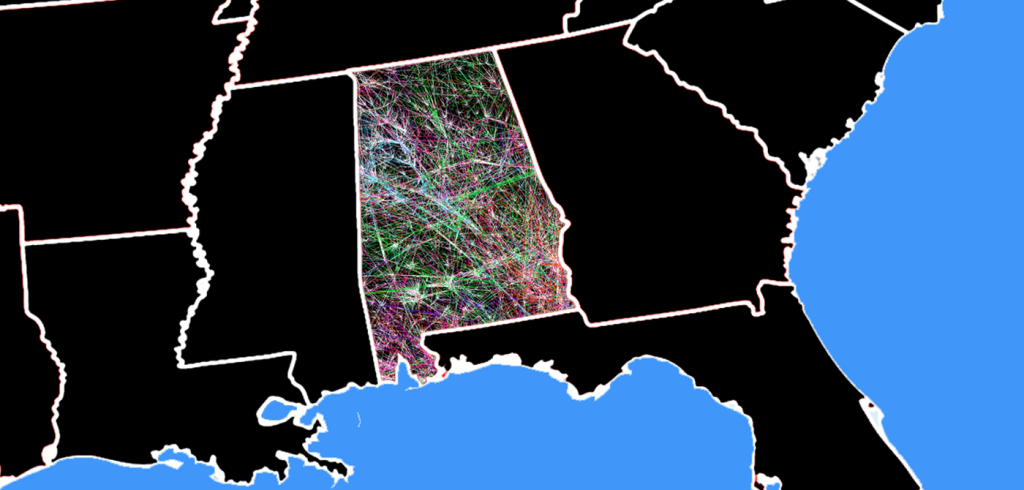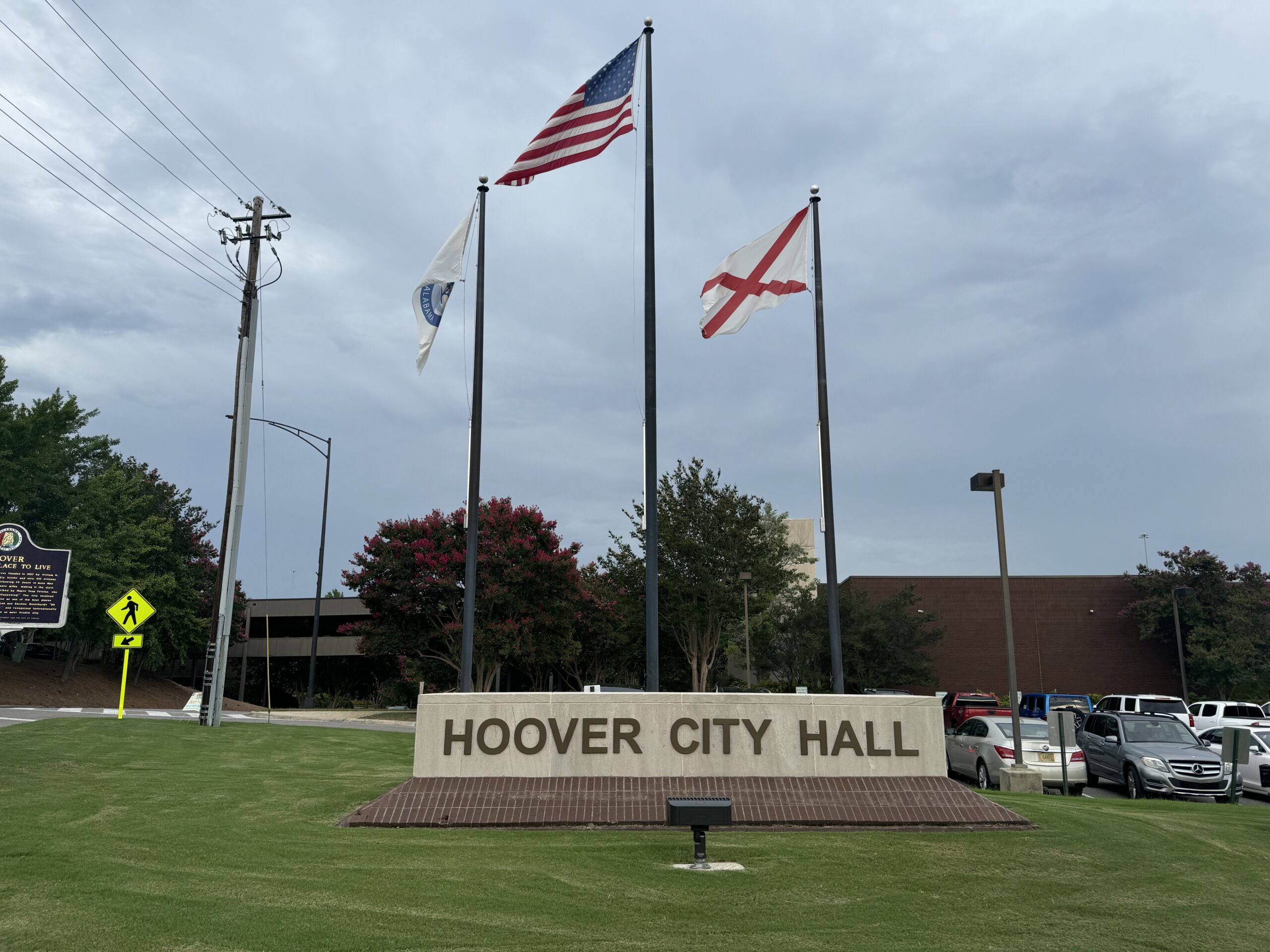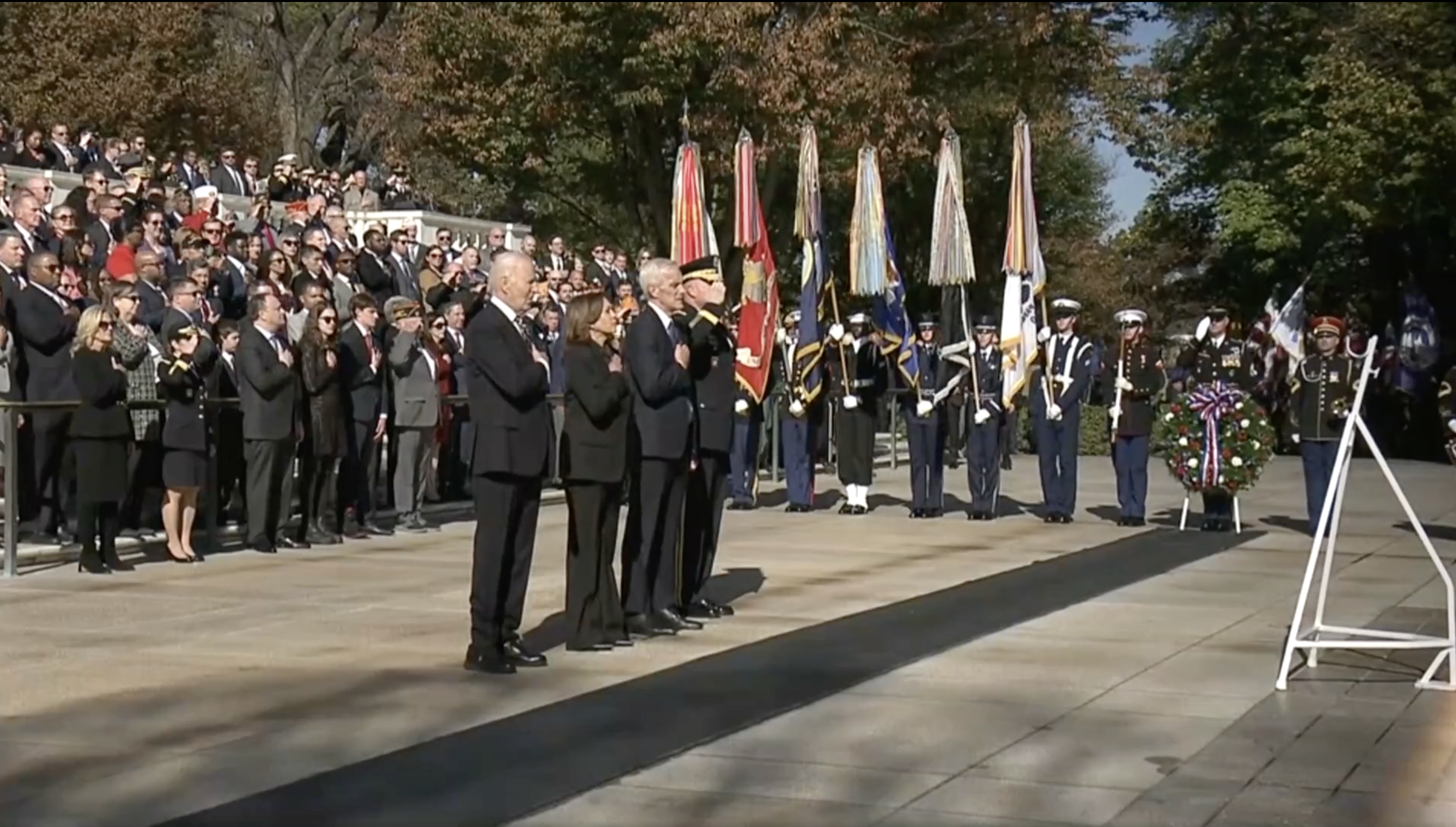On Monday, Alabama Governor Kay Ivey announced that the National Telecommunications and Information Administration has released the state allocations from the Broadband Equity, Access, and Deployment program. The Alabama Department of Economic and Community Affairs (ADECA), which oversees state broadband initiatives, will administer the grant funds.
“My priority is for Alabama to gain full ability to be connected to high-speed internet,” said Gov. Ivey. “We have taken several significant strides toward this goal, and today’s announcement provides a tremendous boost in the journey toward full broadband access no matter where you live in Alabama.”
My priority is for Alabama to gain full ability to be connected to high-speed internet.
— Governor Kay Ivey (@GovernorKayIvey) June 26, 2023
Today’s announcement provides a tremendous boost in the journey toward full broadband access no matter where you live in Alabama. #alpoliticshttps://t.co/U75NXWrRBJ
States receiving the funds have 180 days to prepare and submit plans to the NTIA for use of the funds. ADECA’s Alabama Digital Expansion Division will complete Alabama’s required proposal. The division also manages funding from the American Rescue Plan Act and the Alabama Broadband Accessibility Fund for grant programs to help internet service providers extend service to previously unserved or underserved areas.
“Thanks to the leadership of Gov. Ivey and a strong team effort among the Legislature, internet service providers, and many others, Alabama is continuing to make great progress in broadband mapping, planning, and deployment,” said ADECA Director Kenneth Boswell. “These efforts have put us in good position with the BEAD program to accelerate our work to close the digital divide in Alabama.”
Since 2018, Alabama has invested $88.6 million of state dollars through grant awards supporting 109 projects through the Alabama Broadband Accessibility Fund. Once all Alabama Broadband Accessibility Fund projects awarded to date have been completed, access to broadband service will be available to more than 82,000 Alabama households, businesses, and community institutions that currently have no option to subscribe.
ADECA has also developed a statewide broadband map and the Alabama Connectivity Plan, which guide the state’s expansion efforts into unserved areas. In September 2022, Governor Ivey announced a grant to support broadband “middle-mile” network infrastructure to improve access for last-mile projects. ADECA completed community broadband meetings in each of Alabama’s 67 counties in May.
The White House made the announcement on Monday when President Joe Biden announced more than $42 billion in new federal funding to expand high-speed internet access nationwide. This will reportedly help an estimated 8.5 million families and small businesses attain connectivity.
“For around 24 million Americans across this country, there is no high-speed Internet,” Biden said. “And for millions more, their Internet connection is limited or unreliable. High-speed Internet isn’t a luxury anymore; it’s become an absolute necessity. That’s why we acted as soon as we did — as soon as we came to office — with the American Rescue Plan.”
The additional money will be parceled out to states over the next two years. In a formal unveiling at the White House, the president compared the new infrastructure project to the government’s work to electrify the nation’s darkened heartland in the late 1930s.
“It’s the biggest investment in high-speed internet ever because for today’s economy to work for everyone, internet access is just as important as electricity or water or other basic services,” Biden said.
“In our 21st-century economy, access to reliable high-speed internet is not a luxury. It is a necessity,” said Congresswoman Terri Sewell (D-AL07). “Thanks to President Biden’s Bipartisan Infrastructure Law, we’re devoting more resources than ever before to expanding broadband, closing the digital divide, and ensuring that every Alabamian can connect to high-speed internet. These funds will be a game-changer for our state, and I look forward to working with ADECA to ensure that they are equitably distributed to HBCUs and underserved communities, including in Birmingham and the Black Belt.”
Alabama will receive $1,401,221,901.77. California, which has a much bigger population, received over $1.8 billion.
To connect with the author of this story or to comment, email brandonmreporter@gmail.com.
Related
Share via:














